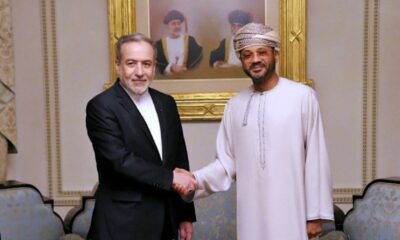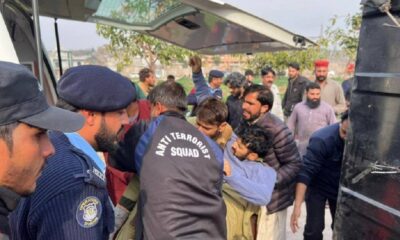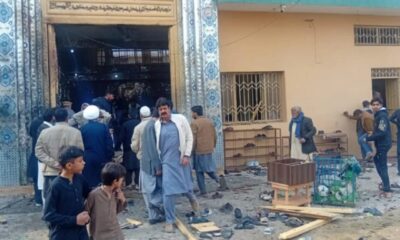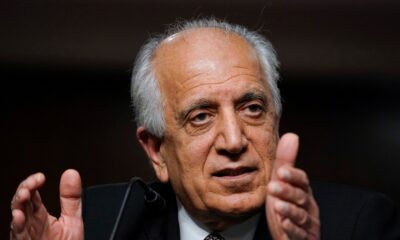Latest News
IEA says it has facilitated a good working environment for the media and journalists
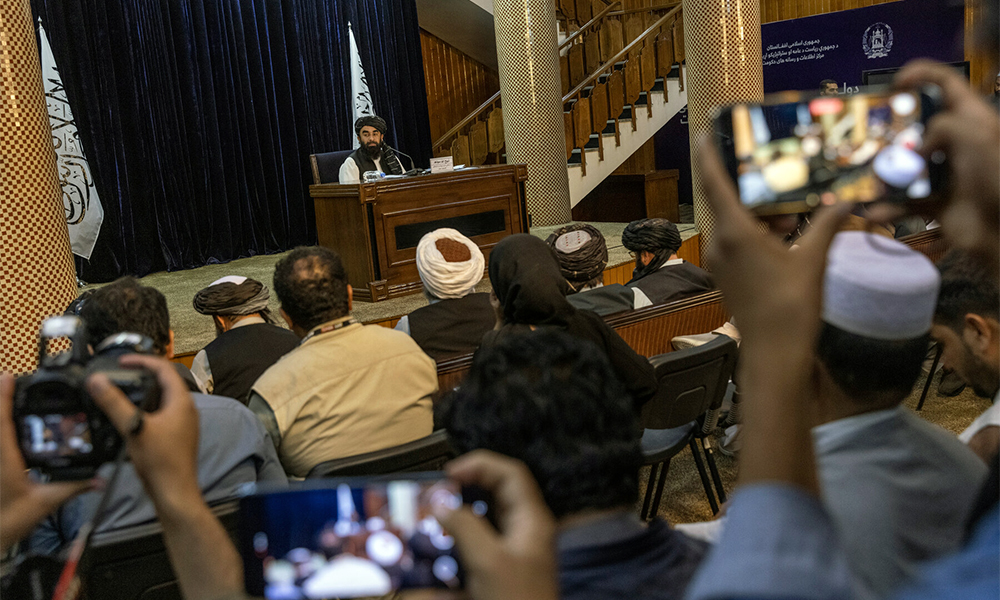
The foreign ministry of Islamic Emirate of Afghanistan (IEA) said Wednesday that the IEA firmly supports the publication of fact-based realities.
“To this end, it has facilitated an environment conducive to the activities of the media and its employees, including by providing access to information across all regions of the country,” the foreign ministry said in a series of tweets.
According to the ministry, currently more than 270 domestic media outlets operate in Afghanistan in addition to the permanent presence of 14 international media networks.
“Since March 2022, IEA has provided permits to more than 700 journalists from 196 media networks from Asia, Europe, Americas and Oceania,” the ministry’s spokesman Abdul Qahar Balkhi tweeted.
Balkhi says that the IEA ensures protection and immunity of all media outlets working within the framework of professional conduct and in line with Islamic values and national interests.
“Following the complete takeover of power by the IEA, not a single journalist has lost their life nor have any media centers or representatives faced any security challenges,” Balkhi tweeted.
This comes after United Nations (UN) Secretary-General, Antonio Guterres, on Wednesday called on governments and the global community to take necessary steps to shield reporters from imprisonment, violence and death.
Marking the International Day to End Impunity for Crimes Against Journalists on Wednesday, Guterres noted that a free press remained vital to functioning democracy, exposing wrongdoing, navigating the complex world and advancing the Sustainable Development Goals (SDGs).
He said more than 70 journalists (worldwide) have been killed this year simply for fulfilling this role in society. “Most of these crimes go unsolved,” he added.
Meanwhile, UNAMA said Wednesday that human rights abuses of more than 200 reporters in Afghanistan have been recorded since August 2021.
“Record high numbers include arbitrary arrest, ill-treatment, threats and intimidation,” UNAMA tweeted adding that “media in Afghanistan is in peril”.
Latest News
Islamic Emirate strongly condemns mosque bombing in Islamabad
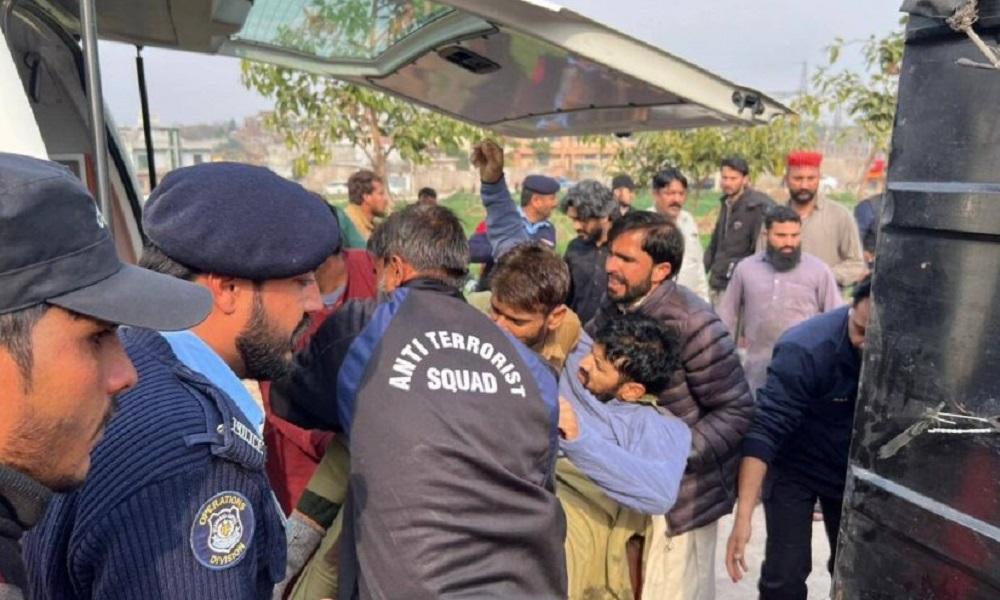
The Ministry of Foreign Affairs of the Islamic Emirate of Afghanistan has strongly condemned Friday’s suicide bombing at a Shi’ite mosque in Islamabad, the capital of Pakistan, which left 31 people dead and 179 others wounded.
Abdul Qahar Balkhi, spokesperson for the Ministry of Foreign Affairs, said in a statement that the Islamic Emirate considers such attacks—which violate the sanctity of religious rites and mosques and target worshippers and civilians—to be contrary to Islamic and human values.
The Islamic Emirate also expressed sympathy with the families of the victims and wished a speedy recovery to the wounded.
Latest News
Suicide bomber kills 31 in Shi’ite mosque in Pakistan’s capital
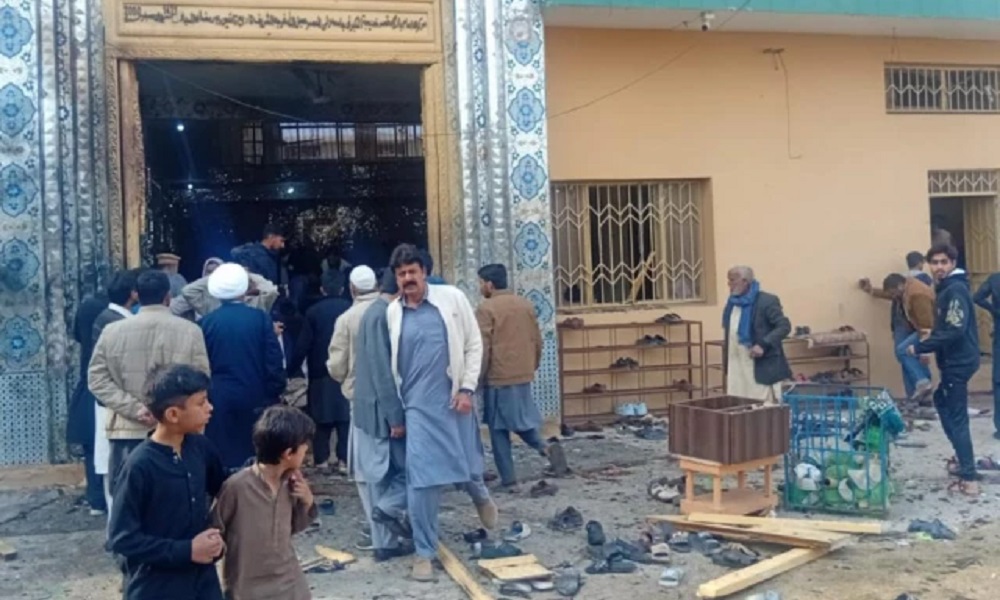
A suicide bomber killed at least 31 people and wounded nearly 170 others during Friday prayers at a Shi’ite Muslim mosque in Pakistan’s capital, Islamabad, Reuters reported, citing police and government officials.
Images from the site showed bloodied bodies lying on the carpeted mosque floor surrounded by shards of glass, debris and panicked worshippers.
Dozens more wounded were lying in the gardens of the Khadija Tul Kubra Imambargah, in a semi-urban area on the outskirts of Islamabad, as people called for help.
Bombings are rare in the heavily guarded capital, although Pakistan has been hit by a rising wave of militancy in the past few years.
“The death toll in the blast has risen. A total of 31 people have lost their lives. The number of wounded brought to hospitals has risen to 169,” Deputy Commissioner Islamabad Irfan Memon said in a statement.
Two police officials said the attacker was stopped at the gate of the mosque before detonating the bomb. They asked not to be identified as they were not authorized to speak to the media.
Latest News
Central Asian leaders are urging Pakistan to improve Afghanistan policies, says Khalilzad
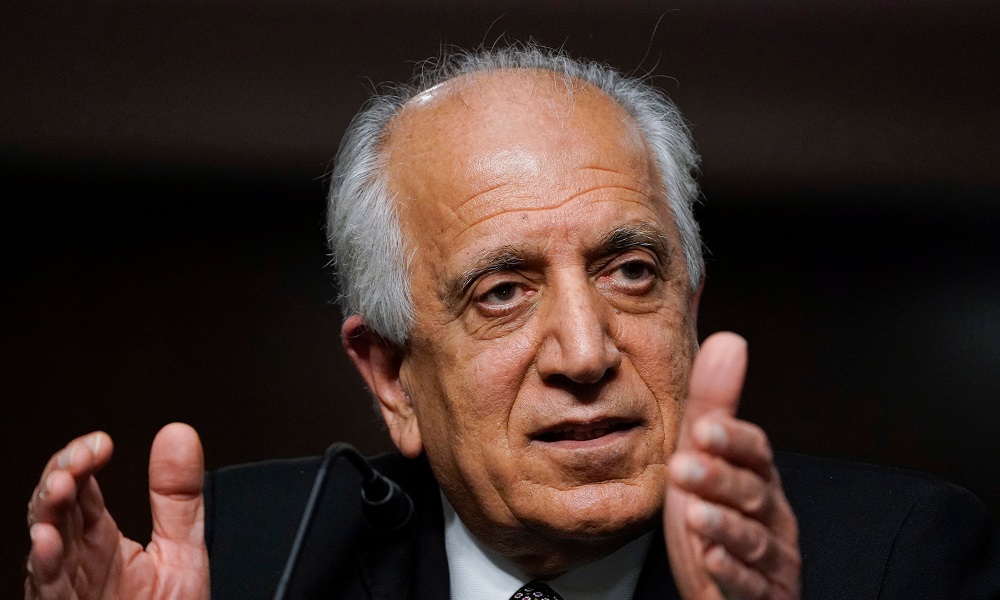
Former U.S. envoy Zalmay Khalilzad has highlighted the strategic importance of Pakistan’s relationship with Afghanistan, noting that visiting Central Asian leaders are likely encouraging Islamabad to strengthen its policies toward Kabul.
In a post on X, Khalilzad emphasized that Central Asian nations have a strategic interest in access to Pakistan and beyond, including the sea, to support their trade and connectivity projects. He pointed out that these countries are particularly focused on developing railways, pipelines, telecommunications, and electricity networks linking Central Asia and Pakistan—a move he said would also serve Pakistan’s interests.
“Of course, Afghanistan’s role is vital to the goal of regional connectivity and development,” Khalilzad said. “Stability in Afghanistan and good Pakistan/Afghanistan relations are the absolute prerequisite.”
He suggested that the Central Asian leaders visiting Islamabad are urging improvements in Pakistan’s Afghanistan policies and expressed hope that Pakistani authorities would listen to these recommendations.
Pakistani officials have repeatedly claimed that Afghanistan-based militants have carried out recent attacks in Pakistan. Kabul denied the charge, saying it could not be held responsible for security inside Pakistan.
Trade between the two countries remains suspended following a deadly clash near the Durand Line in October.
-

 Sport4 days ago
Sport4 days agoAFC Futsal Asian Cup 2026: Final eight confirmed
-

 Sport4 days ago
Sport4 days agoAfghanistan in new kit for T20 World Cup warm-up against Scotland
-
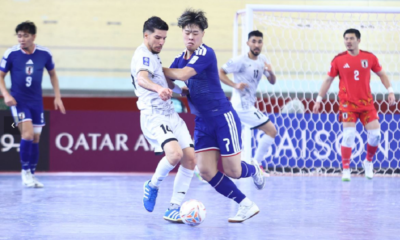
 Sport3 days ago
Sport3 days agoJapan trumps Afghanistan 6-0 in AFC Futsal Asian Cup quarter-final
-

 Sport2 days ago
Sport2 days agoHosts and heavyweights advance as AFC Futsal Asian Cup reaches semifinals
-

 International Sports4 days ago
International Sports4 days agoPakistan to boycott T20 World Cup group match against India
-

 Sport4 days ago
Sport4 days agoAfghanistan crush Scotland in ICC T20 World Cup warm-up
-

 Latest News1 day ago
Latest News1 day agoTerrorist threat in Afghanistan must be taken seriously, China tells UNSC
-

 Latest News2 days ago
Latest News2 days agoUzbekistan, Pakistan advance Trans-Afghan railway project


